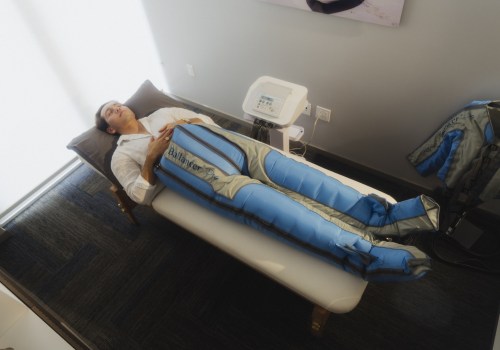Sleep apnea is a serious and potentially fatal disorder that can have a wide range of health implications. It is characterized by repeated pauses in breathing during sleep, which can lead to a lack of deep, restorative sleep. This can have a negative impact on all body systems, and has been linked to coronary artery disease, heart attack, heart failure, stroke, arrhythmias, high blood pressure, sudden cardiac death, diabetes, and dementia. It is important to seek treatment for sleep apnea as soon as possible. The most reliable way to diagnose sleep apnea is through polysomnography, which is performed during an overnight stay in a specialized sleep laboratory.
Positive airway pressure (PAP) therapy is the most common treatment offered for obstructive sleep apnea. Other approaches to treating sleep apnea include avoiding excessive alcohol consumption and sleeping pills, adjusting sleep habits and environment, and home sleep studies for more severe cases. The effects of abnormal nighttime breathing can be severe and include an increased risk of accidents or injuries, difficulty concentrating, memory loss, changes in behavior, difficulty maintaining healthy personal and professional relationships, keeping a job, or fulfilling educational goals and responsibilities. It is important to be aware of the symptoms of sleep apnea and seek medical help if you suspect you may have it.










